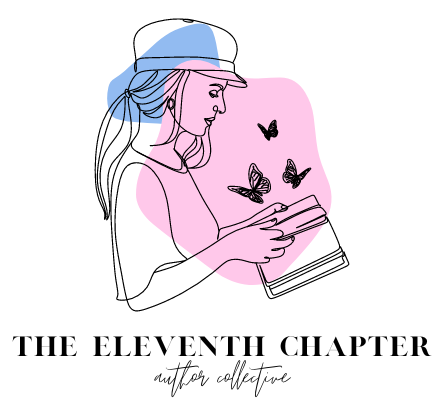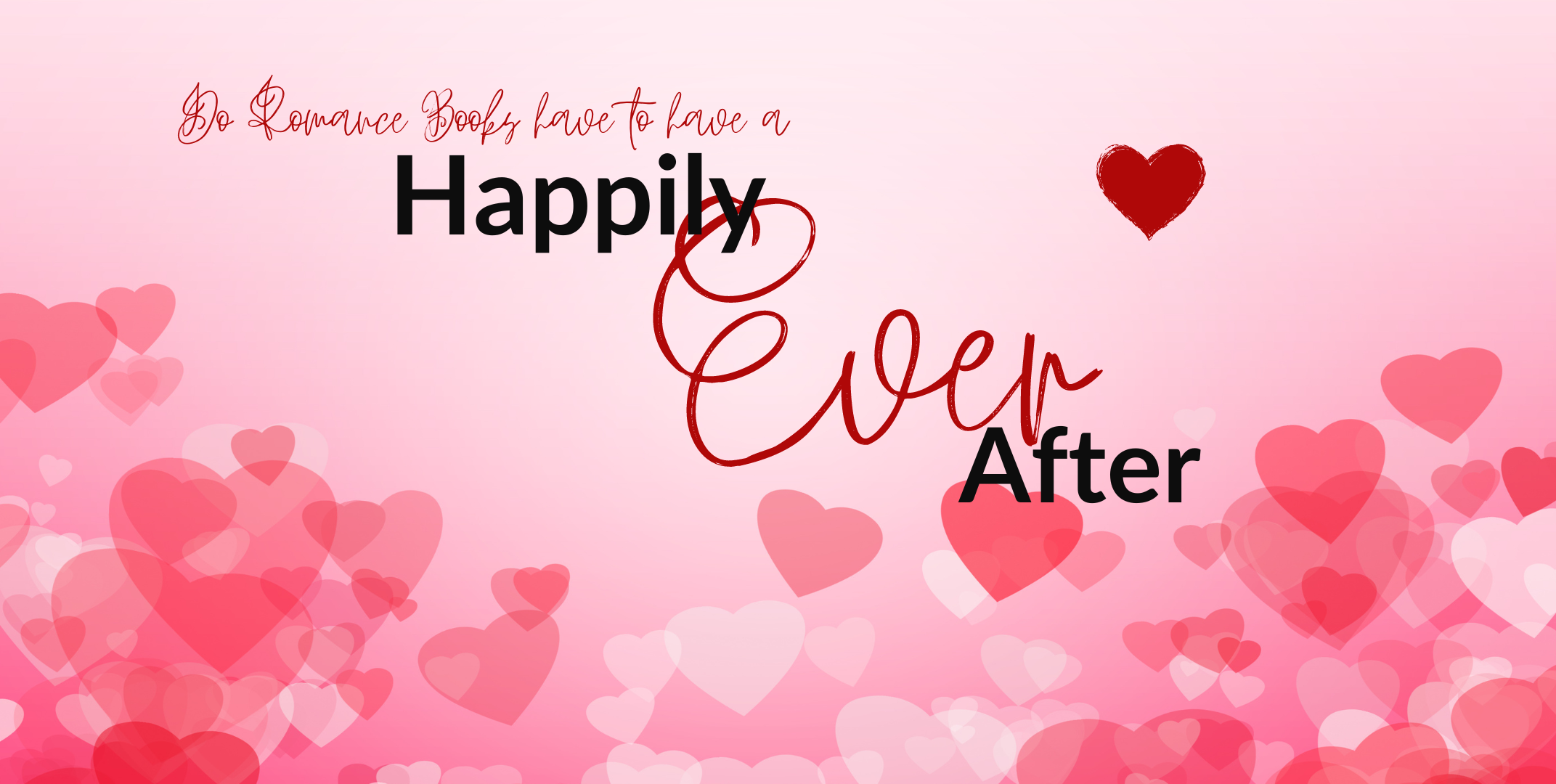By Caitlin Moss
“You know the greatest loves of all time are over now.”
-Taylor Swift, The 1
Do romance books have to have a happily ever after?
I know a good portion of you just screamed YES at your computer screen, and I get it. Believe me, I do. I understand why the majority of us who read romance choose to do so. We want that ooey-gooey magic of falling in love. We want the explosive arguments and the reconciliation. We want the midnight I-love-you’s and the forehead kisses. The hands brushing against each other and longing stares from across the room.
The angst. The banter. The swoon. The butterflies. The warm, fuzzy feeling you can only get when you fall in love.
All that. Romance readers want it—including me.
But do the best love stories always have a happy ending?
My knee-jerk reaction is to say no.
And this is where the shitstorm really starts. (Don’t get mad at me… yet.)
Think of Titanic—arguably one of the most notorious love stories. I mean, if you count the steaming hot chemistry and forbiddenness of it, and not the fact that after 87 years and a wonderful life, she still thinks about that one guy she got laid by on a boat before it sank in the Atlantic just 400 miles from the coast. But anyway, I digress…
I can already hear you, THAT’S A LOVE STORY NOT A ROMANCE!
To which I say, I KNOW! I HEAR YOU! I’M NOT TRYING TO ARGUE!
But do the best love stories always have a happy ending. My knee-jerk reaction is to say no.
But here’s the problem: there is not a love story genre. You want a love story? You are most likely to head to the romance section. But let’s say you’re an emotional masochist like myself, how do you find that book? It isn’t sectioned off at the local bookstore. And the categorizing gods are putting them in commercial fiction while the commercial fiction readers are pushing them back into the romance genre.
Believe me. I marketed my first four books with messy, complicated love stories as commercial women’s fiction, and readers pushed me into the romance genre, making my books top sellers on Amazon in contemporary romance and later-in-life romance.
Are there happily ever afters? Yes. Are they complicated? Yes. Do people still sob at the end? Listen, my DMs are always open, and all I can honestly say is, yes, everybody is crying.
And without spoiling books, there have been several viral “romance” books in the last few years without happily ever afters and they remain reader favorites, landing film deals and topping all the charts.
Now, before your feathers get entirely ruffled, please know this: I love and respect the romance genre. I know why these books should promise an HEA. I want that too. I prefer it, even. But sometimes it’s unfair to the love stories written without HEAs that are pushed alongside books with domestic drama, female friendship, and suburban scandal. Why? Because “too much romance” is a terrible way to get one-star reviews when you have poured your heart and soul into a love story.
So, how do we remedy this?
In my opinion, there are two ways.
Marketing. Pay attention to how a book is marketed. If you are expecting a HEA and you hate getting blindsided by tragedy, then marketing is key to ensuring the expectations of the reader will not be met. (i.e. don’t tease readers with a declaration of love and then blindside them with a tragedy. Make both apparent.)
And two—man, I hope this will one day happen—we need to recategorize romance.
There is true romance. The stories that have followed the formula for decades, making endless readers happy and satisfied. They are true, timeless, and will never go out of style. The longevity of romance in literature has stood the test of time for a reason. And the majority of us agree: we want happy endings. Period. No notes.
But there are also complicated romances. The ones that echo love story throughout, pulsing with need, tension, and want with impossible circumstances and heartbreaking endings. Where do we put these? They are no less important. They’re just the romance misfits.
And maybe we just need to develop a new genre called just that. I’m an avid believer that all is fair in love and literature. I’m also a believer in readers getting the story they want that leaves them satisfied.
So, I ask you, the readers: how do we bend genres and still leave readers satisfied and set their expectations up for reading success? Where do we put the romance books that are pushing the limits of love, testing boundaries, and giving happily ever afters that you might not expect?

